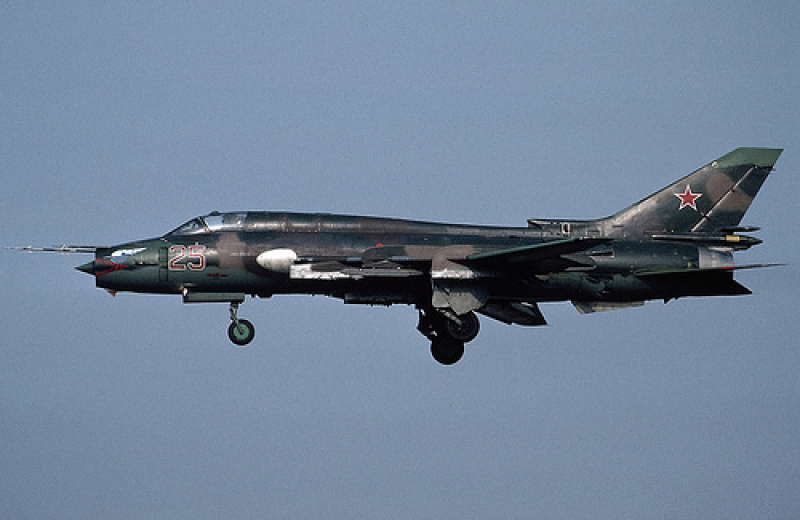
Defense Minister Tomasz Siemoniak said the Russian forces are testing NATO by increasing its military activities in the Baltic Sea, BBC reported.
Although Siemoniak noted that the Russian warplanes circling the region do not seem to be preparing to launch an attack, he said that it could further deteriorate the country's relationship with members of NATO.
In addition, the government official considers the increased presence of Russian planes in the area a threat to Poland, which is located south of the Baltic Sea.
"We know that the Russians say that their activity is a reaction to NATO actions," Siemoniak said in a Polish television program according to The Guardian.
"For us, this raises an alarm," he added.
Aside from Poland, other nations bordering the Baltic Sea are also becoming more concerned with Russia's actions in the area.
On Tuesday, Norway revealed that one of its patrolling aircrafts almost had an accident with a Russian plane that flew near the northern part of the country, Defense News reported.
Finland's Air Force also reported seeing Russian bombers, transport aircrafts and other warplanes over its territory. Finnish forces said the military planes flew over the Gulf of Finland and entered Kaliningrad, a Russian state located between Lithuania and Poland.
Due to the nations' growing concern in the area, NATO has deployed patrol warplanes in the Baltic region to monitor the activities of the Russians.
Earlier this week, Portuguese jets, which are part of NATO's forces, intercepted six Russian planes in the area. The pilots reported that the Russian aircrafts were bomber planes capable of carrying nuclear weapons.
NATO's spokesperson Oana Lungesco said that although seeing Russian planes in the area is not uncommon, the increased presence of nuclear-capable aircrafts is alarming.
"Such activity can be destabilizing and potentially dangerous, of international norms are not respected," she said in a statement.
The incident between Portugese jets and the bombers is only one out of the 400 intercepts conducted by NATO on Russian warplanes this year, according to the international alliance's Secretary General Jens Stoltenberg.

















